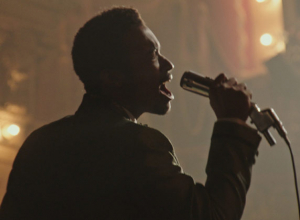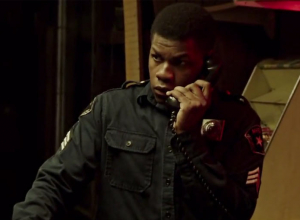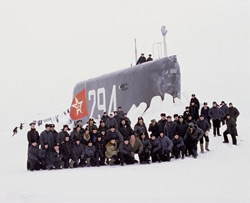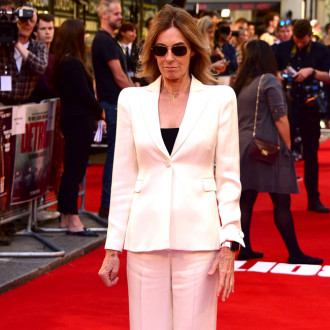Kathryn Bigelow Defends Zero Dark Thirty; 'Illogical To Ignore Torture'
By Contributor in Movies / TV / Theatre on 16 January 2013
Following the criticism aimed at Zero Dark Thirty over the counter-terrorism film’s handling of torture and interrogation scenes, its director Kathryn Bigelow has taken to the Los Angeles Times to answer back to those who – at their most heightened – have been calling for a boycott of cinema screenings.
The film portrays the US army’s search for Osama Bin Laden, including soldiers aggressive interrogation of certain people. In an impassioned piece, Bigelow insisted that she supported every American’s 1st amendment right and their view to have a voice over her picture. However, she added “I do wonder if some of the sentiments alternately expressed about the film might be more appropriately directed at those who instituted and ordered these U.S. policies, as opposed to a motion picture that brings the story to the screen.”
Bigelow is facing criticism parallel to the sort that Quentin Tarantino is receiving for his depiction of slavery in his Western film Django Unchained; namely, critics believing that they are both endorsing the controversial points of their films, when the directors insist they are only depicting them. “On a practical and political level, it does seem illogical to me to make a case against torture by ignoring or denying the role it played in U.S. counter-terrorism policy and practices” commented Bigelow in her piece.
She carried on, downplaying that it was because of this torture that Bin Laden was found. “Torture was, however, as we all know, employed in the early years of the hunt. That doesn't mean it was the key to finding Bin Laden. It means it is a part of the story we couldn't ignore. War, obviously, isn't pretty, and we were not interested in portraying this military action as free of moral consequences.” Zero Dark Thirty is up for Best Picture at the Oscars next month.
Contactmusic
Movies and Trailers

Detroit Movie Review
After The Hurt Locker and Zero Dark Thirty, Kathryn Bigelow and Mark Boal reteam to...

Detroit Trailer
It's the summer of 1967 and the city of Detroit, Michigan is in the midst...

Zero Dark Thirty Movie Review
Blistering writing, directing and acting hold us firmly in our seats as this procedural drama...

Zero Dark Thirty Trailer
Following the tragic events of the twin towers bombing on September 11th 2001 in New...

K-19: The Widowmaker Movie Review
K-19: The Widowmaker is based on a true story about a Russian submarine sent to...







